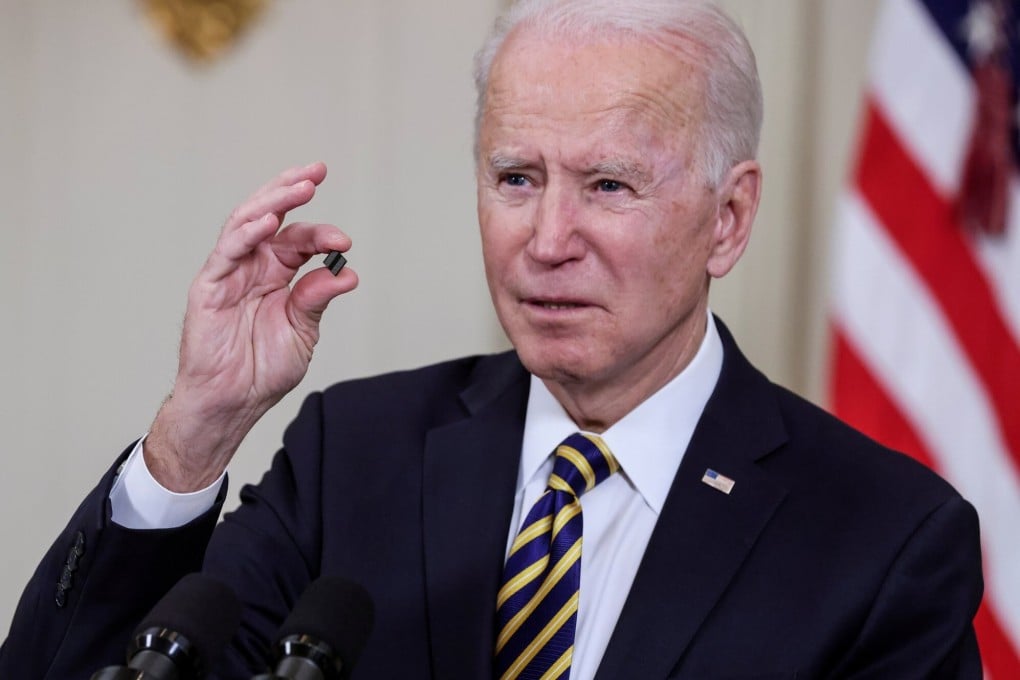US-China tech war: basic research in AI, semiconductors and biotech gets closer to US$110 billion boost in US
- The US Senate Commerce Committee authorised US$110 billion in spending over five years on basic research in several areas, including quantum computing
- China’s 14th five-year plan calls for basic research spending to reach 8 per cent of total R&D expenditures, without specifying an amount of money

The US Senate has cleared an effort by legislators to set up US$110 billion in technology funding for basic research, in a move that borrows a page from Beijing’s playbook amid continuing competition between the two countries.
The Senate Committee on Commerce, Science, and Transportation voted to approve the Endless Frontier Act on Thursday, which would see billions of dollars poured into basic research – the advancement of scientific theories that underpin applied technologies – over five years, in areas that include artificial intelligence, semiconductors, quantum computing, advanced communications, biotechnology and advanced energy.
It also earmarked US$10 billion for the designation of at least 10 regional technology hubs.
While the bill still needs to be approved by the rest of the Senate and the House of Representatives, a consensus is emerging in the US that the country must do more planning to cope with China’s strategic technological challenge. In January, the Chips for America Act was passed as part of the National Defence Authorisation Act, which provisions spending to boost domestic semiconductor production.
The Chinese government has not set a specific amount of money to spend on basic research, but its 14th five-year plan, covering the period from 2021 to 2025, calls for spending in the area to reach 8 per cent of total research and development expenditures.